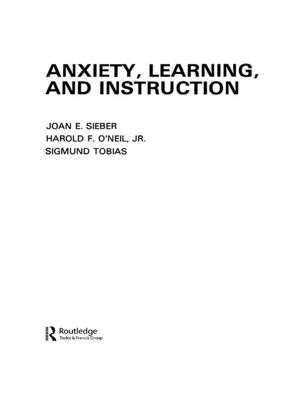Managing Quality in Architecture
Integrating BIM, Risk and Design Process
Nonfiction, Art & Architecture, Architecture, Reference| Author: | Charles Nelson | ISBN: | 9781351987868 |
| Publisher: | Taylor and Francis | Publication: | November 27, 2017 |
| Imprint: | Routledge | Language: | English |
| Author: | Charles Nelson |
| ISBN: | 9781351987868 |
| Publisher: | Taylor and Francis |
| Publication: | November 27, 2017 |
| Imprint: | Routledge |
| Language: | English |
Completely revised throughout for this second edition, Managing Quality in Architecture addresses the new ISO 9001 standards after the significant 2015 revision. ISO 9001 is the global standard for quality, and firms certified under the 2008 edition have three years to upgrade their quality systems to the new Standard. This book helps architects, engineers and other designers working in the built environment to develop appropriate quality systems that meet the requirements of the international Standard.
Importantly, the 2015 Standard integrates risk management with quality, something that earlier versions did not. Risk is an extremely important factor in professional design practice, and this important element is fully explored in the new edition. Similarly, the role of BIM in quality management is addressed as an integral part of practice.
International contributions from the USA and Australia provide expertise in each topic, and case studies from the USA, Japan, Australia, New Zealand and the United Nations Office of Project Services provide easy-to-follow illustrations of the important areas to understand. The focus is completely practical, rather than theoretical, affording readers a concise picture of how the issues of excellence and quality performance flow across every aspect of design practice.
Completely revised throughout for this second edition, Managing Quality in Architecture addresses the new ISO 9001 standards after the significant 2015 revision. ISO 9001 is the global standard for quality, and firms certified under the 2008 edition have three years to upgrade their quality systems to the new Standard. This book helps architects, engineers and other designers working in the built environment to develop appropriate quality systems that meet the requirements of the international Standard.
Importantly, the 2015 Standard integrates risk management with quality, something that earlier versions did not. Risk is an extremely important factor in professional design practice, and this important element is fully explored in the new edition. Similarly, the role of BIM in quality management is addressed as an integral part of practice.
International contributions from the USA and Australia provide expertise in each topic, and case studies from the USA, Japan, Australia, New Zealand and the United Nations Office of Project Services provide easy-to-follow illustrations of the important areas to understand. The focus is completely practical, rather than theoretical, affording readers a concise picture of how the issues of excellence and quality performance flow across every aspect of design practice.















